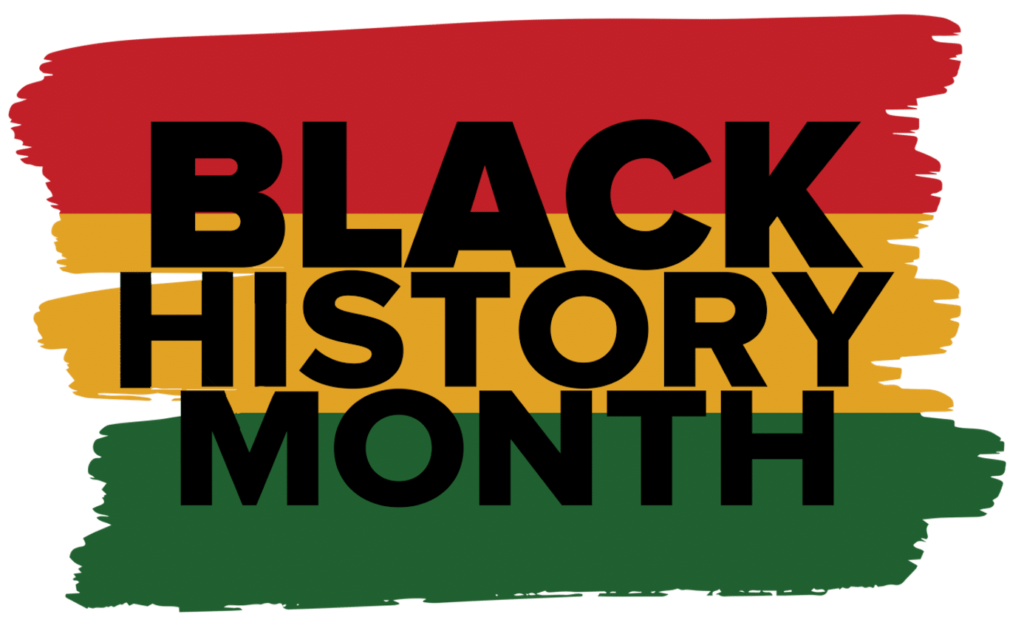
This year’s national Black History Month theme is African Americans and the Arts, a theme that calls us to reflect on African American art and its value in “preserving history and community memory as well as for empowerment”. Throughout the month, we will explore and celebrate the diverse contributions of Black individuals in the areas of art, culture and community.
Black History Month is a celebration of diversity and perseverance. As we celebrate, I encourage you to engage with one another, share stories, and build authentic connections that continue beyond this month.
Origins of Black History Month
Black History Month is an annual observance in the United States, Canada, and the United Kingdom that celebrates the achievements and contributions of African Americans and recognizes their contribution to this moment. However, the United Kingdom observes its celebration from October 1 – October 31. The origins of Black History Month can be traced back to the early 20th century.
Per the ASALH, Black History Month began as Negro History Week, which was established by Dr. Carter G. Woodson: a historian, educator, and founder of the Association for the Study of Negro Life and History (ASNLH). Dr. Woodson chose the second week of February to coincide with the birthdays of Abraham Lincoln and Frederick Douglass, both of whom had a significant impact on African American history.
In 1976, the United States officially recognized February as Black History Month. This decision coincided with the bicentennial celebrations of the nation’s founding as President Gerald Ford believed it was a good time to “seize the opportunity to honor the too-often neglected accomplishments of Black Americans in every area of endeavor throughout our history.” (USCB).
Over the years, Black History Month has evolved to include a recognition of African American history and the diverse cultural, social, political, and economic contributions made by African Americans. For an in-depth perspective on Carter G. Woodson’s vision, please read full story here.
Celebration Matters: Resources to recognize Black History Month.
Black History Month has become an important time for reflection, education, and the celebration of the achievements and resilience of African Americans. Black History is American history.
Here are some resources you can share individually and with your teams:
- Black History Facts: Spend time discussing Black history including key figures, events and milestones. Black History Month History and Facts here.
- Representation Matters: What are you reading, watching, and listening to this month? Here are some resources to reference: Films and Books.
- Food and Drink: Expressing Cultural Heritage. This is a great time to show you culinary skills. Share a dish or drink that holds personal or cultural significance to Black History Month and tell the story behind it. How does this dish connect to heritage, traditions, or memories? Find the Red Drink Recipe and learn about its cultural relevance here.
- Employee Recognition: Shoutout the achievements and contributions of colleagues. Share these names and stories with us at dei@crj.org and we will highlight them at our next DEI hour.